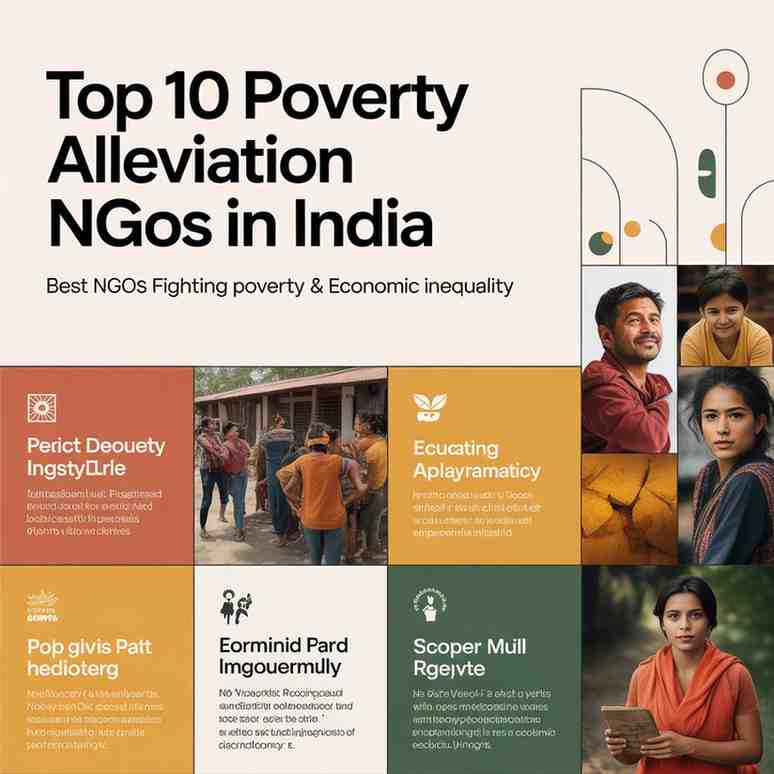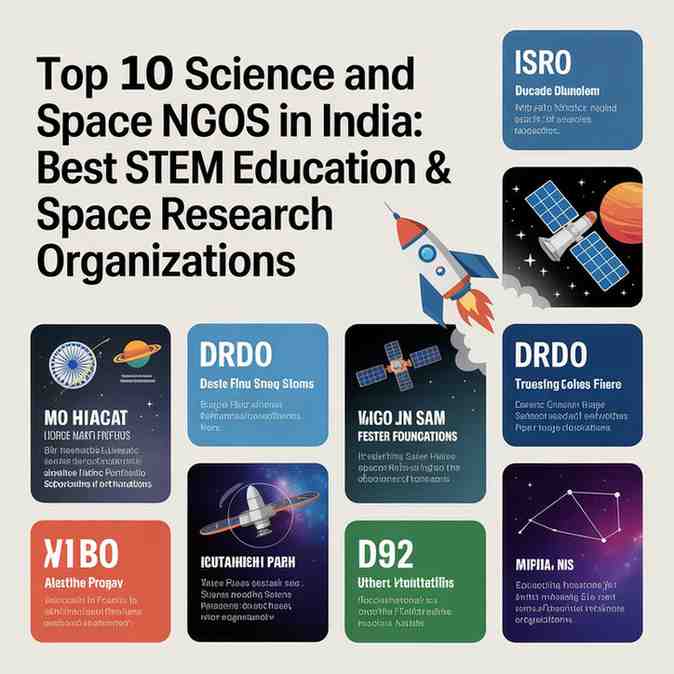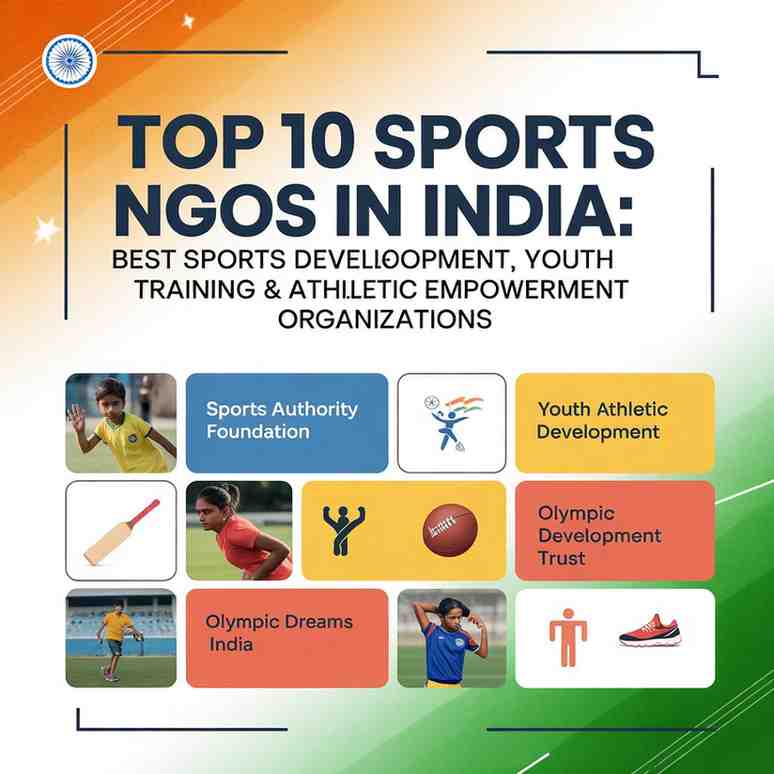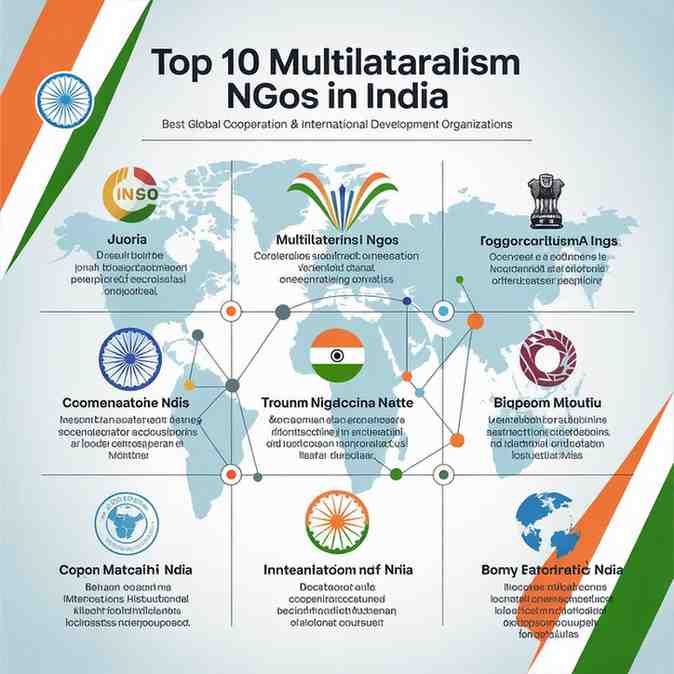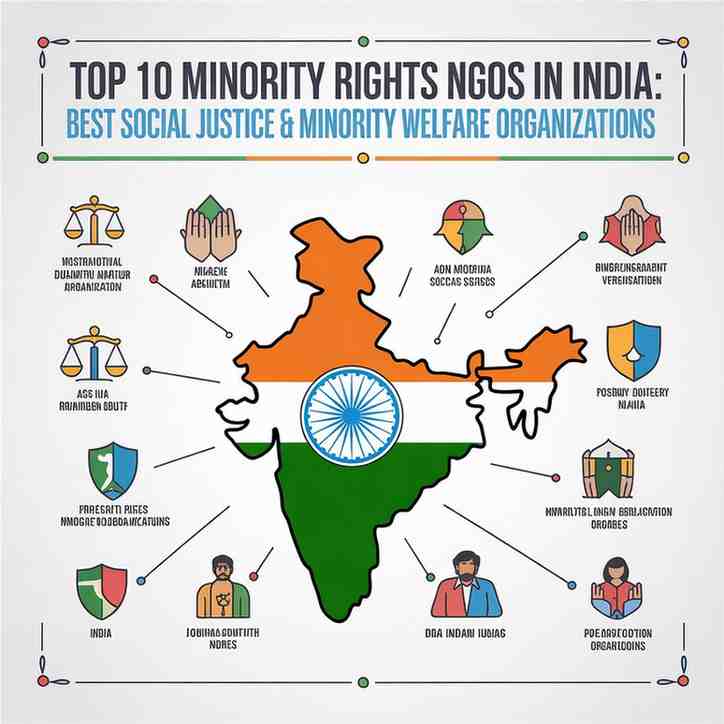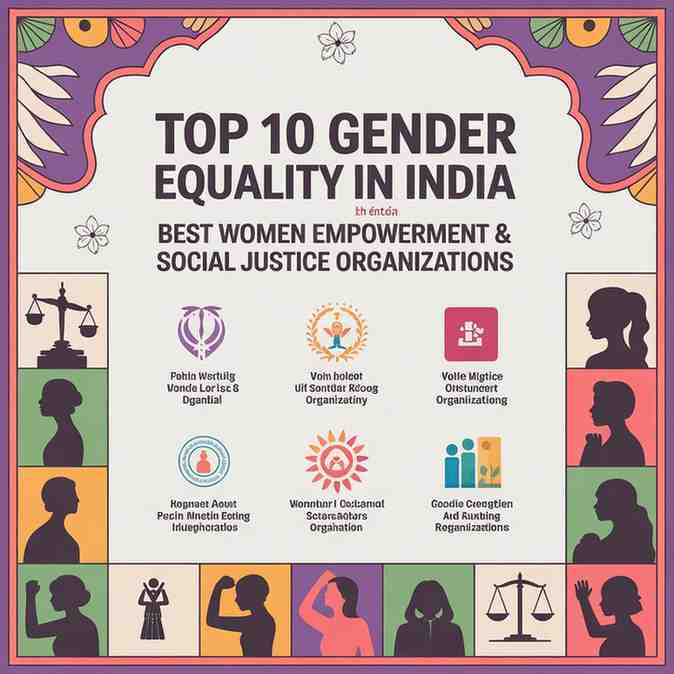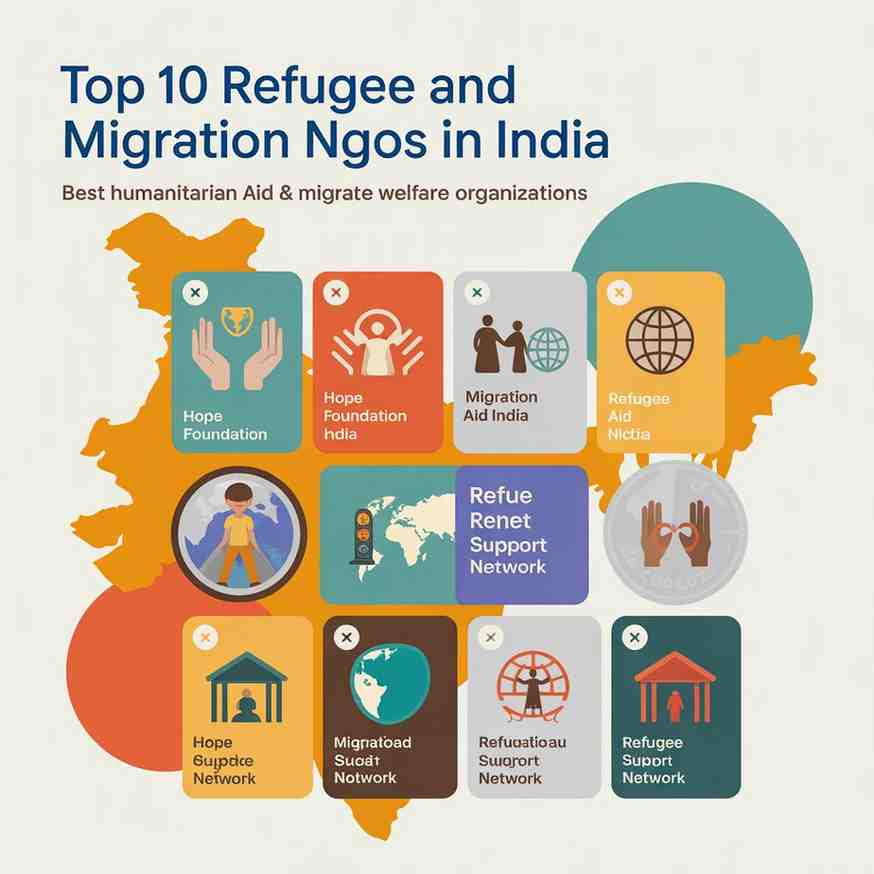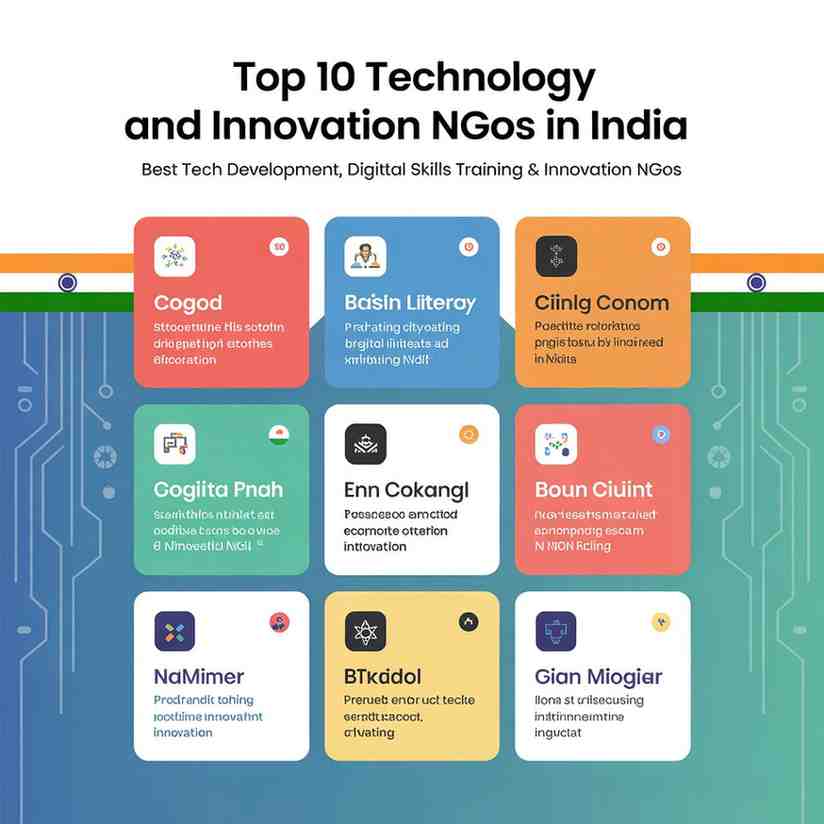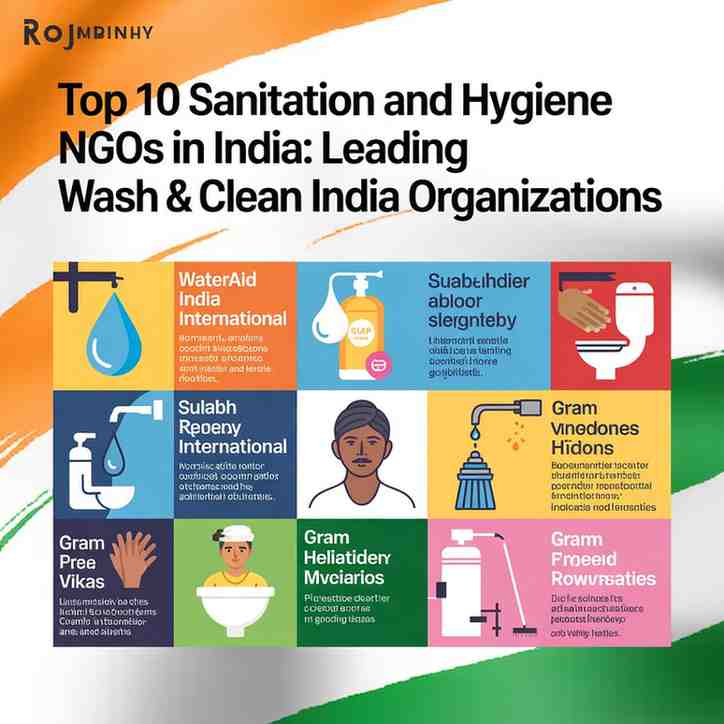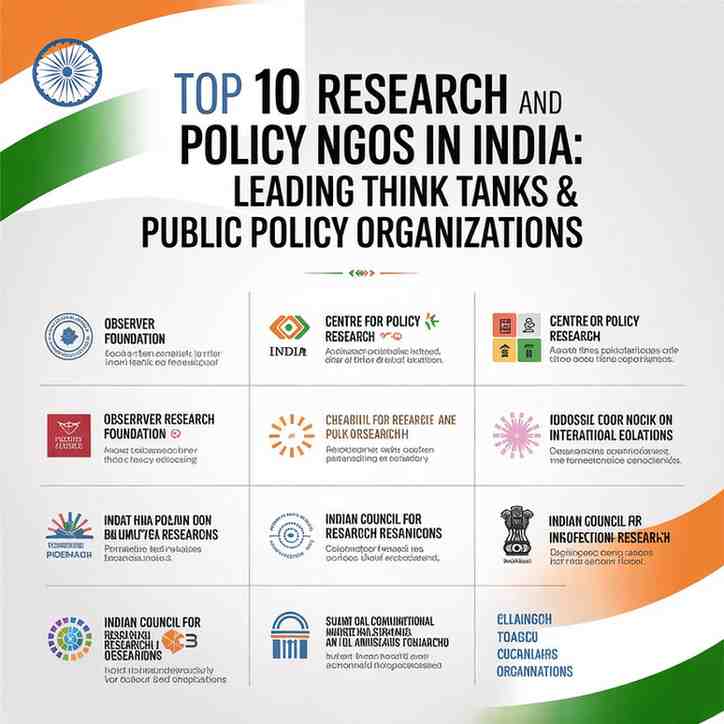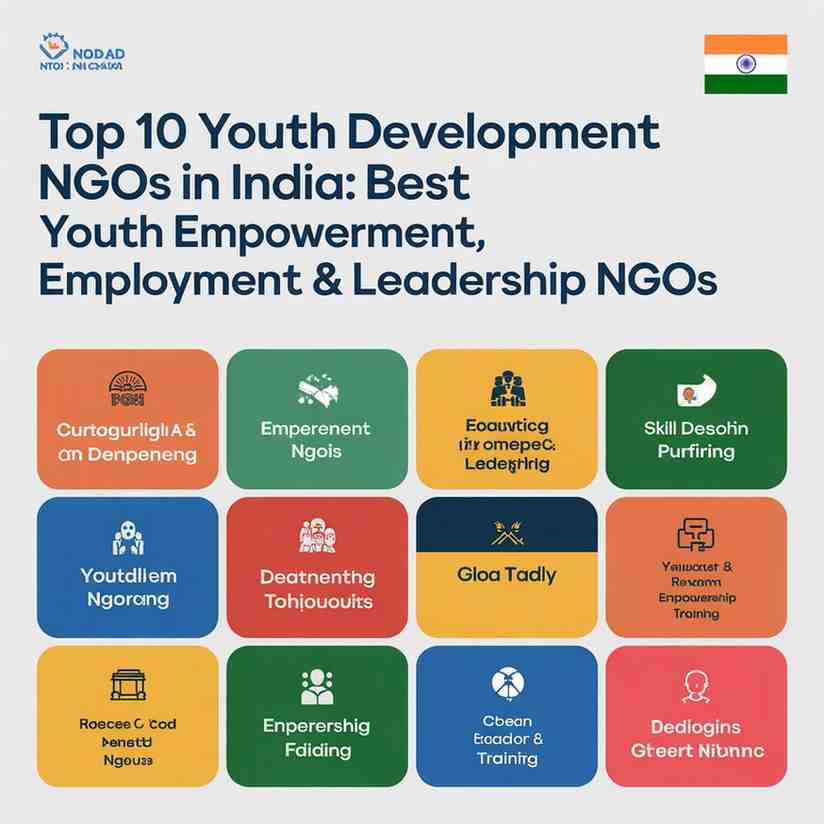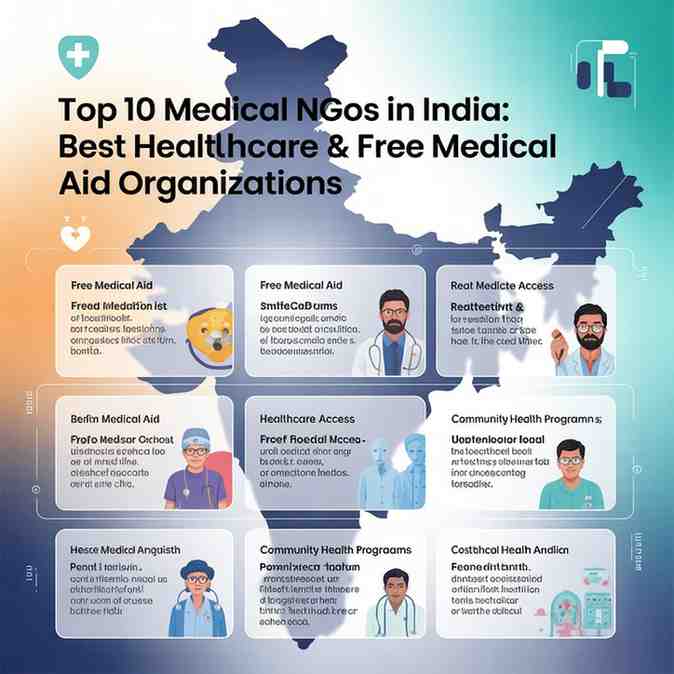Imagine wrapping up a long day at the office, only to head out for a few hours sorting donations at a local shelter. It sounds draining, right? But what if that “extra” time was secretly fueling your next promotion or dream job offer? Volunteering isn’t just about giving back; it’s a powerhouse move for your career. In a world where resumes blend and LinkedIn connections feel superficial, these hands-on experiences stand out, backed by hard data showing real professional wins.
At Unessa Foundation, we’ve seen firsthand how stepping into volunteer roles transforms lives, both in communities and boardrooms. This post dives into five volunteering career benefits, grounded in research from trusted sources like the Corporation for National and Community Service and LinkedIn surveys. Whether you’re a recent grad eyeing your first role or a mid-career pro plotting your next leap, these insights will show you how to turn goodwill into career gold. Ready to see how volunteering boosts career trajectories? Let’s break it down.
Why Volunteering Career Benefits Matter in Today's Job Market
The job hunt today is fiercer than ever, with over 250 applicants per corporate gig, per recent Glassdoor stats. Standing out means more than a polished CV; it requires proof of impact. Enter volunteering: a low-barrier entry to real-world wins that employers crave.
Research from the Social Science Research journal reveals that volunteers often see salary bumps post-engagement, tying directly into career growth through volunteering. But it’s not fluff, it’s strategic. By aligning your efforts with industry needs, you build a narrative of initiative and adaptability. Think of it as unpaid R&D for your professional self.
In the sections ahead, we’ll unpack five data-backed reasons, complete with tips to maximize each. Plus, we’ll tackle common questions like “What are the career benefits of volunteering?” to keep things practical. Stick around, you might just book your next volunteer shift by the end.
Reason 1: Volunteering Dramatically Boosts Your Employability Odds
Let’s start with the headline-grabber: Volunteering and employability go hand-in-hand, with stats showing a clear edge in the hiring game. According to a landmark report by the Corporation for National and Community Service, job seekers with volunteer experience snag interviews 27% more often than those without. That’s not a fluke; it’s tied to how volunteering signals reliability and passion to recruiters.
Why does this happen? Employers scan for “cultural fit,” and volunteer stints scream “team player with a purpose.” A Deloitte survey echoes this, noting 82% of hiring managers prefer candidates with extracurriculars like these. For job seekers, it’s a resume hack: List that soup kitchen shift under “leadership” and watch callbacks rise.
Take Sarah, a marketing coordinator who volunteered at a nonprofit’s annual gala. She handled logistics for 200 attendees, honing project management under pressure. Months later, that experience landed her a senior role at a firm scouting for “proven organizers.” Her tip? Track metrics, e.g., “Coordinated event for 200 guests, raising $15K” to quantify impact.
Practical Tip: Target roles mirroring your field. If you’re in tech, volunteer for app-based community tools. This aligns volunteering career benefits with your goals, making your story irresistible.
Reason 2: It Builds Transferable Skills Employers Can't Ignore
Ever heard “We need someone versatile”? Volunteering skills development delivers exactly those hard and soft skills that transfer seamlessly to paid work. A LinkedIn poll found 41% of recruiters view volunteer gigs as equivalent to full-time roles, especially for building competencies like communication and problem-solving.
Data from the Journal of Happiness Studies backs this: Frequent volunteers report sharper decision-making, with 65% noting gains in adaptability. Why? Nonprofits throw you into the deep end, no hand-holding, just real challenges. Organizing a fundraiser? You’re juggling budgets, teams, and deadlines, mirroring corporate chaos.
Consider Jamal, an entry-level accountant who tutored finance at a youth center. He picked up Excel wizardry and public speaking, turning “quiet number-cruncher” into “engaging mentor.” When applying for a controller spot, those skills shone in interviews, leading to a 15% pay jump.
The beauty? These aren’t abstract; they’re resume-ready. Under “Skills,” add “Led volunteer team of 10, optimizing resource allocation by 20% via data analysis.”
Practical Tip: Seek feedback mid-gig. Ask a supervisor, “How can I refine my reporting here?” It hones self-awareness, a top employer wants.
Reason 3: Networking Via Volunteering Opens Doors You Didn't Know Existed
Forget awkward mixers, the benefits of volunteering for a career shine brightest in connections. A whopping 85% of jobs come via networking, per LinkedIn, and volunteer events are goldmines for organic bonds. Rub shoulders with execs, mentors, and peers who share your drive.
A study in Economics Letters found that volunteers get 45% more interview callbacks, partly due to these ties. It’s mutual: You help a cause; they spot your potential. At Unessa Foundation events, we’ve watched volunteers pivot from cleanup crews to advisory boards.
Real talk from Lisa, a graphic designer who volunteered for a habitat build. She bonded with a construction firm CEO over design tweaks, leading to freelance gigs and eventually a full-time creative director role. “It wasn’t schmoozing,” she says. “It was shared sweat equity.”
Practical Tip: Follow up thoughtfully, e.g., “Loved our chat on sustainable builds; here’s an article I thought you’d dig.” Nurture those sparks into referrals.
Reason 4: Volunteering Fills Resume Gaps and Shows Initiative
Career pauses happen, such as layoffs, sabbaticals, or grad school. But gaps scream “red flag” unless you flip the script. Enter strategic volunteering for professionals: It bridges voids, proving you’re proactive.
The Corporation for National and Community Service reports volunteers rebound 27% faster from unemployment. Recruiters see it as initiative, not idleness. A ResumeLab analysis shows volunteer entries cut perceived gaps by framing them as growth periods.
Meet Alex, post-layoff from retail. He volunteered at a food bank, managing inventory shifts. That “downtime” became “Optimized supply chain for 500 weekly distributions,” landing him a logistics coordinator job. His edge? Quantifiable stories over vague excuses.
Practical Tip: Frame it forward-focused. In cover letters, tie the gap to future value: “During my transition, I volunteered to sharpen supply chain skills, directly applicable to your ops team.”
Reason 5: It Leads to Higher Salaries and Long-Term Job Satisfaction
The payoff? Tangible financial and emotional gains. Social Science Research data links volunteering to salary increases, with participants averaging 7-10% hikes post-engagement. Why? Enhanced skills and networks compound into better offers.
An OECD study adds: Teens who volunteer earn more and report 20% higher job satisfaction decades later. It’s the ripple effect of confidence that impact breeds bolder negotiations.
Emily’s story nails it: A teacher volunteering at literacy programs gained curriculum design chops, negotiating a $12K raise at her school. “It wasn’t just money,” she shares. “It was feeling valued beyond the classroom.”
Practical Tip: Track ROI. After six months, audit new skills against salary benchmarks on sites like Glassdoor. Adjust your volunteer focus for max leverage.
How to Get Started: Turning Volunteering Career Benefits into Action
You’ve got the why, now the how. Start small: Dedicate 4-6 hours monthly to a cause aligning with your field. Platforms like VolunteerMatch or Idealist.org make it easy. At Unessa, our programs blend community service with skill-building workshops, perfect for how volunteering boosts career paths.
Remember, consistency trumps intensity. One year of steady involvement beats sporadic bursts. And always reflect: Journal wins weekly to spot patterns in your growth.
FAQs
What Are the Career Benefits of Volunteering?
Beyond the big five, volunteering fosters resilience and purpose, key to long-haul success. Data shows it cuts stress by 20%, per Carnegie Mellon research, keeping you sharp.
How Does Volunteering Improve Your Career Prospects?
By stacking skills and stories, it positions you as a well-rounded candidate. Aim for roles with measurable outcomes to showcase in interviews.
Can Volunteering Help You Get a Better Job?
Absolutely, 45% more callbacks, says Economics Letters. It’s especially potent for career switchers testing the waters risk-free.
Best Volunteer Opportunities for Career Advancement
For techies: Code for nonprofits via Code for America. Creatives? Design pro bono for causes on Catchafire. Job seekers, try Unessa’s mentorship programs for tailored fits.
Volunteering isn’t charity, it’s your career’s secret weapon. These volunteering career benefits aren’t theoretical; they’re proven paths to thrive. What’s your first step? Share in the comments, we’d love to connect you with Unessa opportunities.





